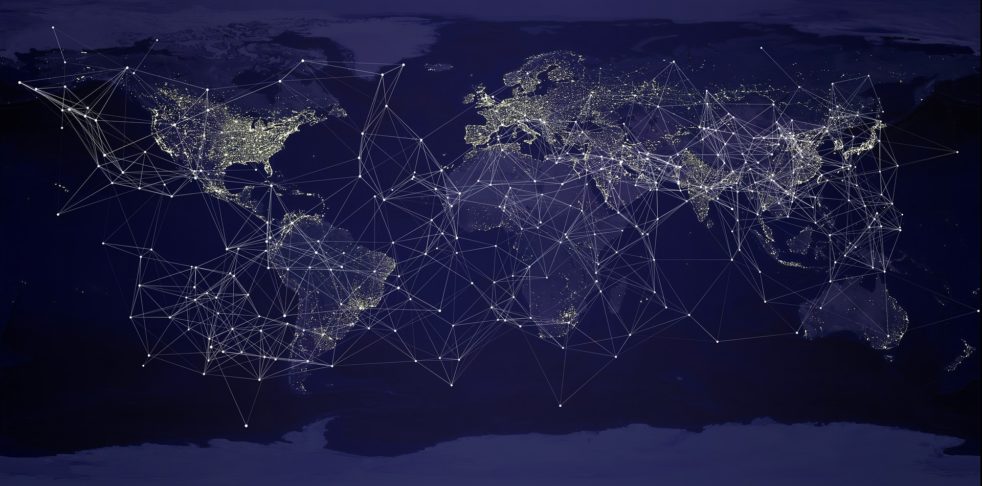Perceptions of Communities and Web 2.0 Across Time and Space, Community and Place
How do we view community in the context of Web 2.0?
This paper looks at the ways in which we view community within the context of Web 2.0. The internet and, in particular, convergent technologies enable us to participate in virtual (online) communities of interest asynchronously without geographical constraints, altering our perceptions of time, space, community and place.

